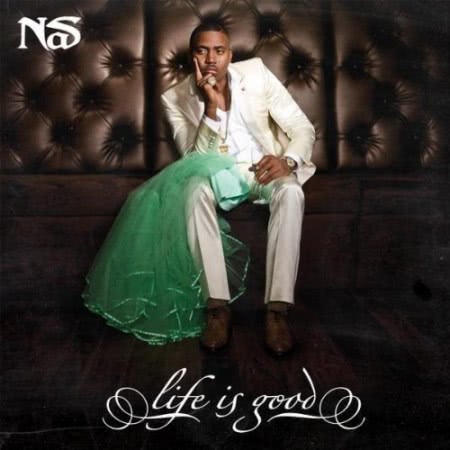Nas has changed a lot since he was rapping about life being a bitch. It still is, but Nas’s outlook towards it has matured.
The angry ambition that fueled him in his early career has turned into wisdom, though his rhymes still provoke the same sharp imagery that saw him removed from the thuggish rappers of the 90s.
His recent effort is more of a celebration, proving that a rap career does not have to be about guns and dealing drugs, it is merely a form of expression. In this case, Nas is reminiscing on his life with the benefit of hindsight. He remembers seeing Biggie Smalls before he died; he remembers the way he used to have to get around as a youth and the harshness of the ghetto.
These memories are countered with recent hardships, including struggling with being a good father, exemplified in song ‘Daughters.’ The realisation that Nas has come to is a poignant one, his hardships are not any different, and though fatherhood is not a violent struggle like what he faced in his youth, it comes with its own dangers.
There are some high calibre artists featured on the album too, including female rap icon Mary J. Blige (‘Reach Out’) and the much-touted collaboration with the late Amy Winehouse. Nas recorded a number of tracks with Winehouse and ‘Cherry Wine’ is a fitting choice for the album, its transient mood suiting the theme of life, past and present, as they both enjoy a fanciful daydream of future loves.
– Hannah Joyner




































